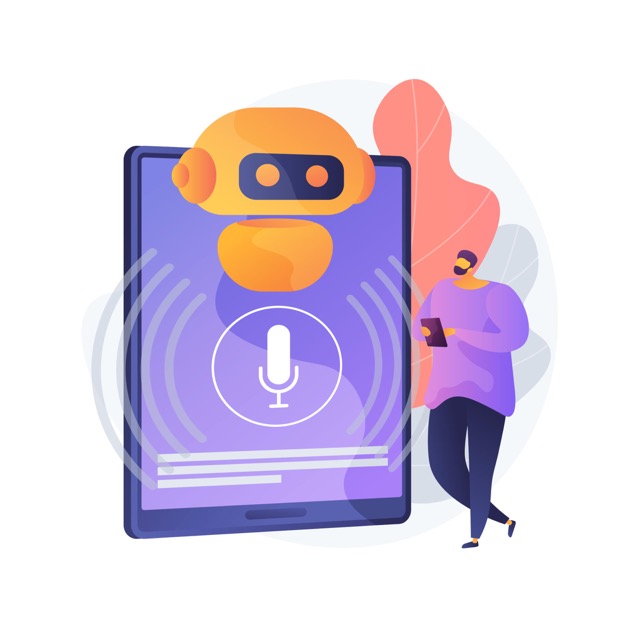Founded in Denmark. We respect your privacy.
Join a worldwide community of language learners
Is English Really Easier Than Other Languages? Surprising Truths About Learning the “Global” Tongue
Last updated on
Is English really the simplest language for new learners, or has its global status disguised a more complicated reality? Many assume English is the most approachable language because of its international reach and omnipresence in business, travel, and pop culture. But while English may offer some friendly shortcuts, the full story behind its “easiness” is far more nuanced than you might expect. Prepare for a few eye-opening facts—one in particular at the end will change how you think about “easy” languages.
The Myth of Easy Vocabulary
English vocabulary borrows from French, Latin, Greek, German, and more, making it rich and expressive. But while this blending can help some learners (especially speakers of related languages) recognize familiar words, it often leads to confusion. English has triplets like “kingly,” “royal,” and “regal” (from Old English, French, and Latin roots), each with its own stylistic flavor. Matching the right word to context is a subtle skill that learners don’t always anticipate. And for students whose first language is not Indo-European—such as those coming from Chinese, Japanese, or Arabic—English vocabulary can feel just as foreign as any other European language.
What appears to be an “open” word system isn’t necessarily simple. In fact, Britannica notes that the English vocabulary is one of the largest and most varied—a challenge for those striving for real fluency.
Grammar: Simplified or Simply Tricky?
It’s true that English grammar is less complex in some respects: compared to German or Russian, there’s no grammatical gender for nouns, and verb conjugations are relatively straightforward. But look out for hidden snags! The word order is rigid, requiring learners to keep close tabs on subject-verb-object structure. Then come the exceptions—irregular verbs (think “go/went/gone”), modal verbs with multiple uses, and phrasal verbs (“put up with,” “break down,” etc.) that don’t translate literally and must be memorized case by case.
For many, pronunciation is the real stumbling block. English spelling is famously unreliable (cough/though/rough all sound different), and stress patterns are unpredictable. Recent linguistic research shows that even advanced learners make mistakes with articles, prepositions, and subtle shifts in sentence structure that mark them as non-native. If you want to dive deeper, see how similar phenomena challenge learners in other languages.
“The Global Tongue”—For Whom?
English’s global dominance gives it an aura of accessibility—learners have abundant resources, online communities, and movies or music to immerse themselves in. Yet, the variety of accents and dialects can trip up even the most diligent student. British, American, Australian, and other regional forms often differ in vocabulary, idioms, and pronunciation, sometimes to the point of mutual confusion among natives. Understanding “easy English” is often code for “standardized, global English,” which is a moving target rather than a single, stable entity.
The Big Reveal: English Is Only “Easy” Until You Aim Higher
Here’s where the real surprise comes in. Research suggests that English is among the fastest languages students can reach a basic conversational level in if their native language is related. But attaining advanced proficiency—navigating the nuances, idioms, native-speed conversations, and writing with subtlety—becomes one of the toughest challenges among world languages. According to Ethnologue and leading academic sources, languages like Spanish and Esperanto offer smoother progression to high-level fluency, while English’s irregularities and immense lexicon spike the difficulty for learners pushing beyond the basics.
So while English can be “easy” to start, its path to true mastery is full of surprising hurdles. The language’s global spread hides a core complexity—especially for those looking to sound natural, confident, and nuanced. Still curious about the hidden challenges of English and other languages? Explore how tricky English adjectives keep even advanced learners on their toes.
Talk Your Way
to Fluency

Talkio is the ultimate language training app that uses AI technology to help you improve your oral language skills!
Try Talkio


